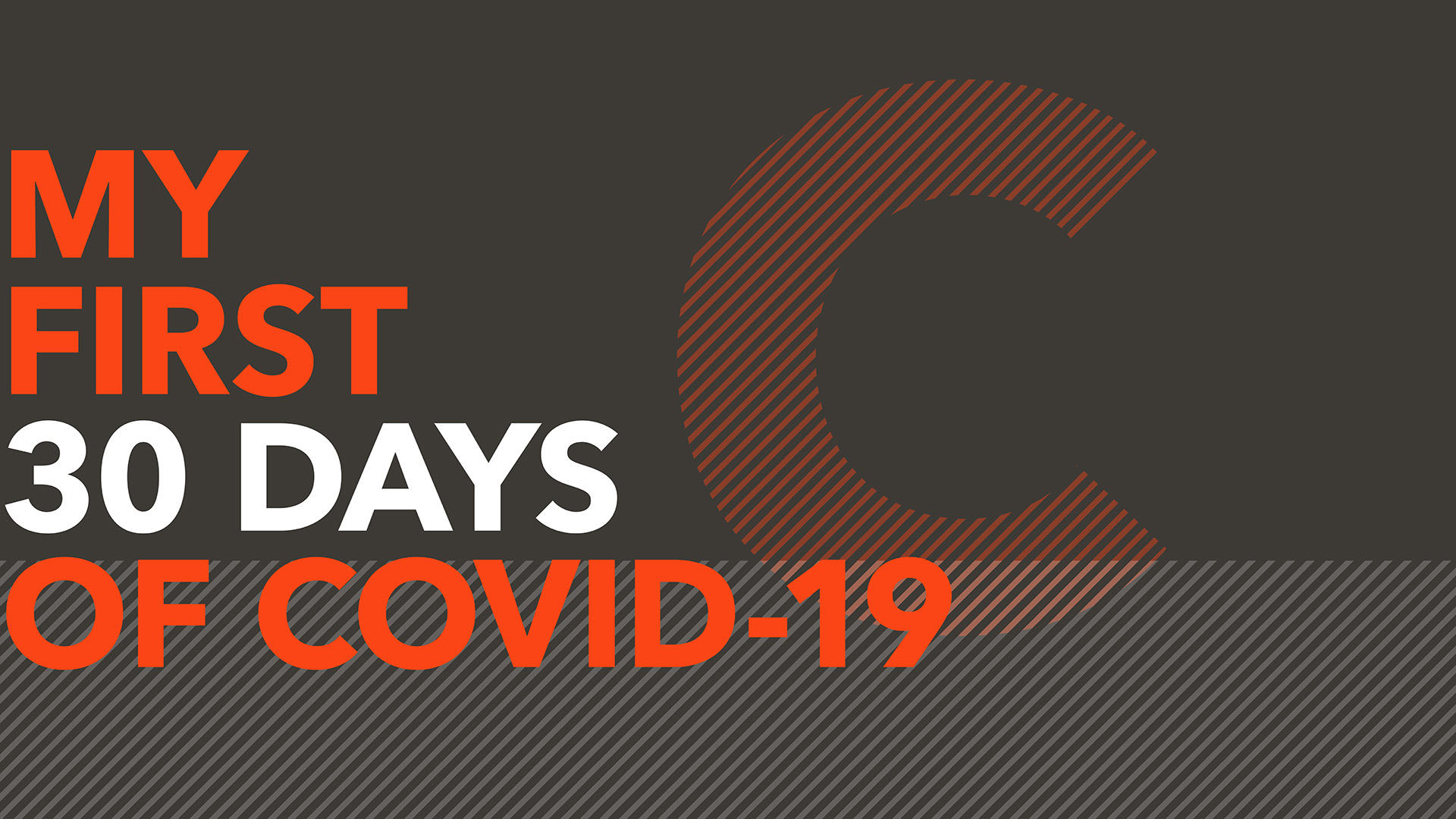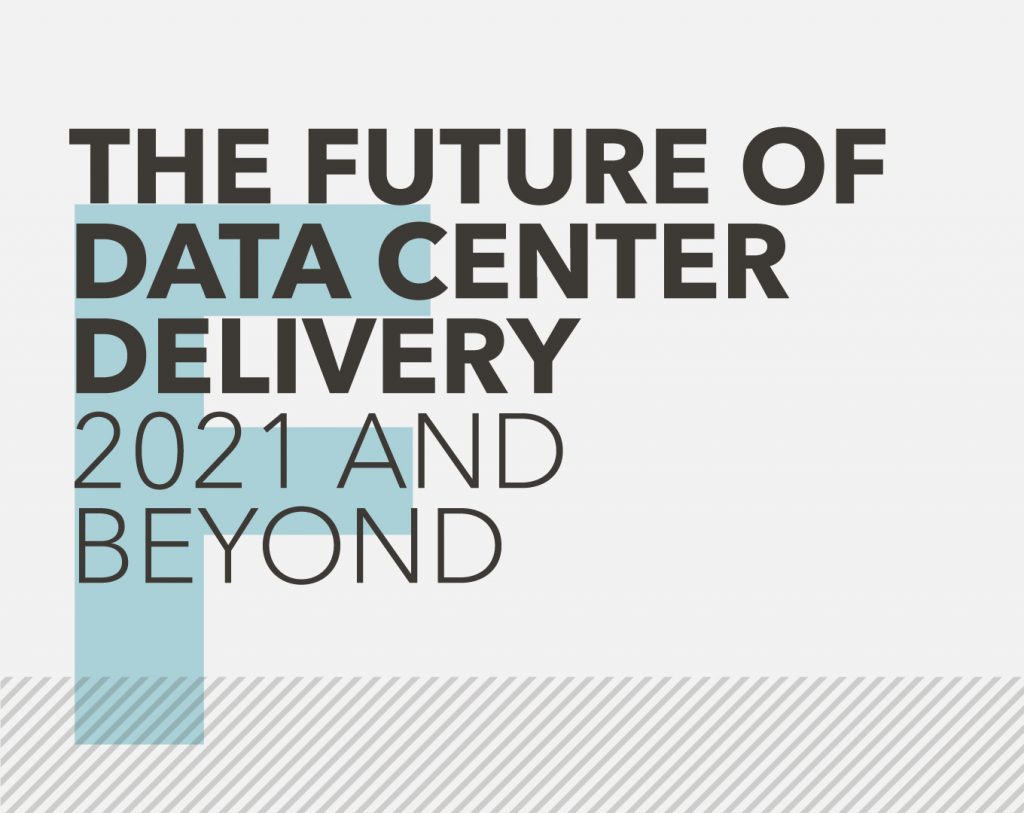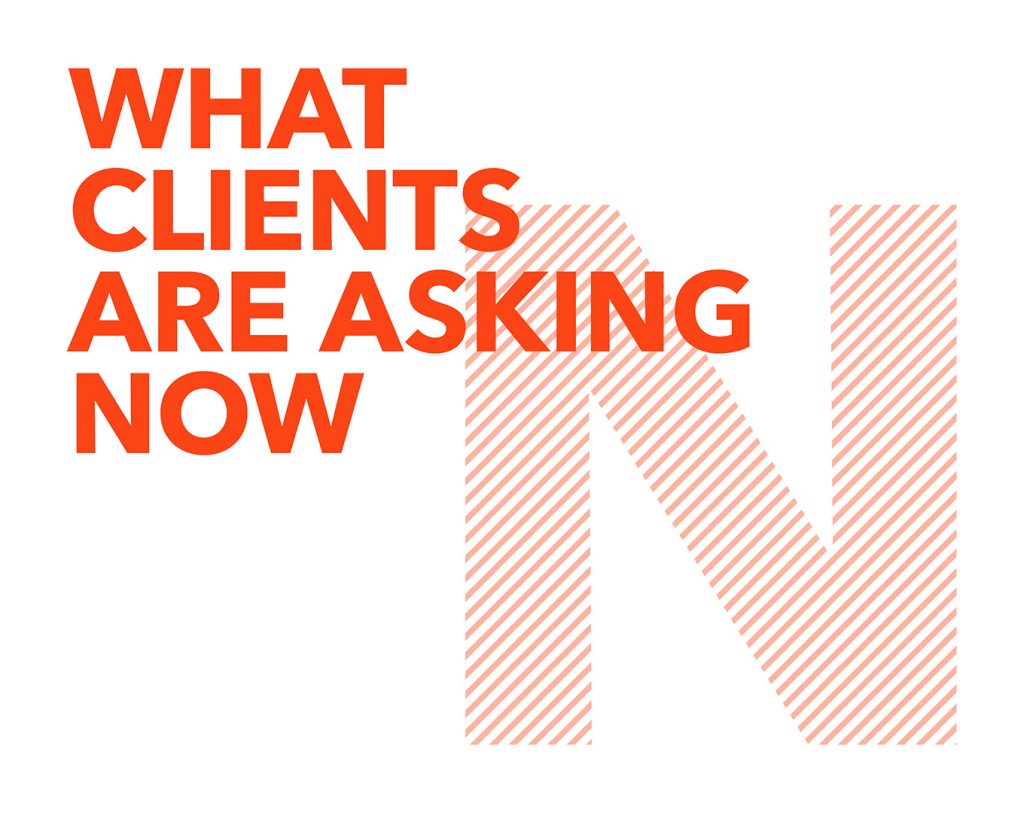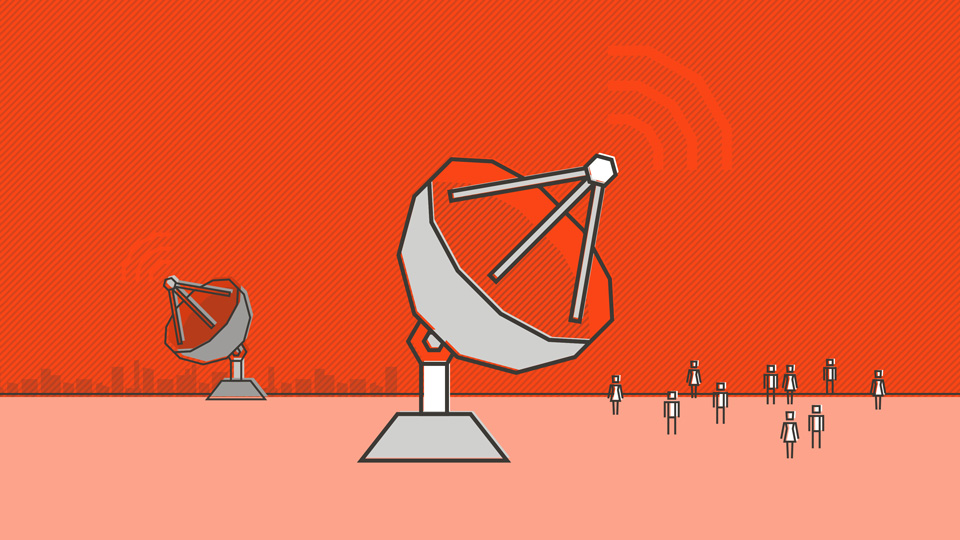My first 30 days of COVID-19
By: Pete Jones

I was in the US at the beginning of March, working my way from East to West. I was meant to finish my week in Seattle but the coronavirus outbreak was just getting started there. We were seeing a lot of our tech clients in the US closing their doors.
I called International SOS, the travel security firm we keep on retainer for all our employees, and they recommended I start heading East again in a homeward direction. At that point, we realised we needed to make a big decision.
We second a lot of our people overseas. The official messages were mixed and the government hadn’t yet taken a clear line. But we knew which side of it we needed to be on: even if it turned out to be a false alarm, it was better to give our people the extra time to prepare.
It was a fast decision made by the senior leadership team on the day, based on the facts we had. We pushed it out via all our internal channels. We recorded a video explaining the decision, sent everyone an email, published blog posts and sent SMS messages, so everyone knew. With 20/20 hindsight, I’m glad we did.
In the absence of clear facts, that was absolutely the right call. A lot of businesses pay lip service to their corporate values, but it’s only in a crisis that you see how much they’ve truly been embedded in your organisation.
We brought our people home and closed our overseas offices a good week before most other businesses, and well before that was the official advice. We’re used to managing our team remotely, so transitioning to a 100% remote working environment was seamless – and again, several days ahead of the government closing the schools and requiring people to work from home.
Acknowledging uncertainty is the price of doing business
The current situation is unprecedented and we’re seeing different businesses react to that in different ways. Some are taking a command-and-control approach, with daily conference calls at 8am to make sure teams are still working properly. We’ve heard CEOs come out with clear, confident messages – for example, stating there will be no job losses – and then having to retract them when they realise the situation may go on longer than they first expected.
Part of Yondr’s commitment to our people is acknowledging it’s fine not to have all the answers, for leaders as well as everyone else. As candid friends, we’re prepared to be genuine, to state facts but admit we don’t have all the answers, and not try to create a sense of false positivity (or, conversely, assuming doom and gloom).
We’ve used video messages to keep everyone up to date and reinforce the need to look after themselves and their loved ones first and foremost, ahead of any work priorities. That’s a more accessible, human way of communicating than very corporate, perfectly-worded emails from the CEO.
The reality is we’re all learning as we go, trying out new tools and new practices. Some trial and error is going to be critical in the coming months, especially as we move further in time from people having had any face-to-face interaction.
That uncertainty extends to getting deals done. We have to acknowledge a higher level of friction and have those discussions up-front in negotiations: ‘We know this is unusual; this is going to be a little harder than normal, and that’s ok.’ We need to be as clear as possible under the circumstances, but human with it.
A future that takes the unexpected into account
Yondr has been well-placed to weather the impact of COVID-19, since our cloud-first infrastructure has meant working remotely is essentially seamless. Everyone had that capability already. Collectively, though, there are big lessons we all need to learn.
At a conference in Singapore back in September 2019, we began a discussion about how we as an industry need to get better at scenario planning. Drawing a parallel from the energy sector, big organisations like the International Energy Agency and Shell have departments that research different scenarios, like macroeconomic and environmental shocks, and make these available for free in the public domain. They can then strategically plan for how they would respond in these scenarios.
We clearly need something similar for the data center industry, since there’s currently no broader planning like this. That was several months before COVID-19 hit and that discussion now looks both prescient and poignant.
There are also lessons in continuity planning. Most industry plans are for high-impact but short-term scenarios. What about when you’re beyond the first couple of weeks, and the situation looks like it could persist for a year?
We know that one challenge coming down the track is when (and how) we reopen. At some point we’re going to need to ramp things back up as fast as possible, but in a socially responsible way. We’re working on that already, preparing remobilisation plans so we can serve our clients fully as soon as it’s safe.
I’ve been hugely impressed with the way our people have stepped up and I credit that to the time and resources we’ve spent building a strong culture within Yondr.
A situation like the one we face now is the acid test of your embedded values. You find out in a very raw way whether you’ve done a good job of integrating them into your day-to-day behaviours.



